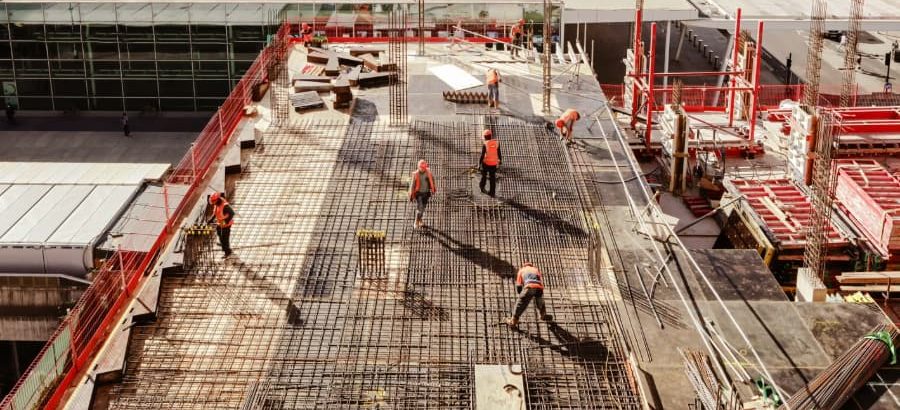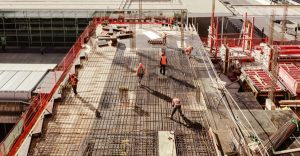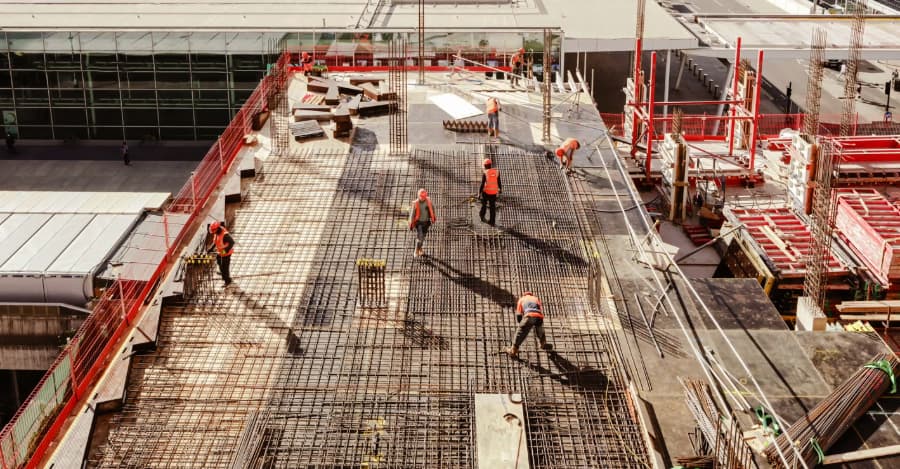


When you invest in any type of roofing, you want to know the job is done right, and built-up roofing is no different. Though this style of roof is incredibly common among commercial businesses, not all jobs are done equally. McDonald & Wetle has years of experience serving the roofing needs of the Pacific Northwest business community. Here, we provide the information you need to ensure your built-up roof installation was completed correctly.
Proper Built-Up Roof Installation
Built-up roofing, or BUR, is constructed from alternating layers of asphalt and finished with a top layer like stone or gravel. This style of roofing is ideal for low-slope or flat roofs because it offers a continuous, sealed surface. Some benefits of correctly installed BUR include:
- Excellent waterproofing and ultra-violet protection
- Fire-resistant design
- Generally low maintenance and affordable upkeep
How to Spot Improper Built-Up Roofing Installation
If you’re relying on BUR’s protective elements for your commercial building, it’s even more important for it to be installed correctly. Keep an eye out for the following possible issues with your roof:
Alligatoring
This refers to the shrinkage of the asphalt top layer of your BUR. Alligatoring is when your roof starts to crack in patches, resembling a dry, cracked alligator hide. These cracks may not extend completely through every later, but when left uncorrected, cracks and splits can develop, and water may enter deeper layers, causing unseen damage to your roof. Alligatoring can be avoided by ensuring the top layer of your roof is properly installed and regularly inspected.
Ponding
Ponding on flat roofs is easy to spot. Any roof that still has water on it 48 hours after rainfall is defined as a ponding roof. This issue is commonly the result of sagging roof joints, which cause perimeter drains to be ineffective by allowing water to pond in the middle of the roof. To avoid this defect, make sure roof joints are sturdy and your drainage is working properly at installation. The effects of ponding can quickly turn into leaks if left unaddressed.
Blisters
Similar to alligatoring, a blistering roof refers to when soft bubbles form in the roof’s membrane due to moisture trapped underneath. These bubbles can even grow to be several feet in width. Proper BUR installation should prevent the occurrence of blisters by carefully sealing the built-up roof’s top layer and preventing moisture from being trapped.
Ridges
Ridges are the result of either thermal expansion of roofing material or separation of the underlying insulation from the roof deck. If stress in the ridge is noticed in installation, components can be properly reinforced or replaced to avoid further issues. When not addressed, this stress can eventually tear roofing materials.
Get Confident Built-Up Roofing Installation with McDonald & Wetle
BUR roofing has been proven to be a durable, long-lasting choice for commercial buildings for years – but only when it’s installed properly. McDonald & Wetle has been dedicated to serving commercial roofing needs since 1921. If you’d like more information about how we can help ensure correct built-up roof installation, contact us in Portland and Seattle today.

